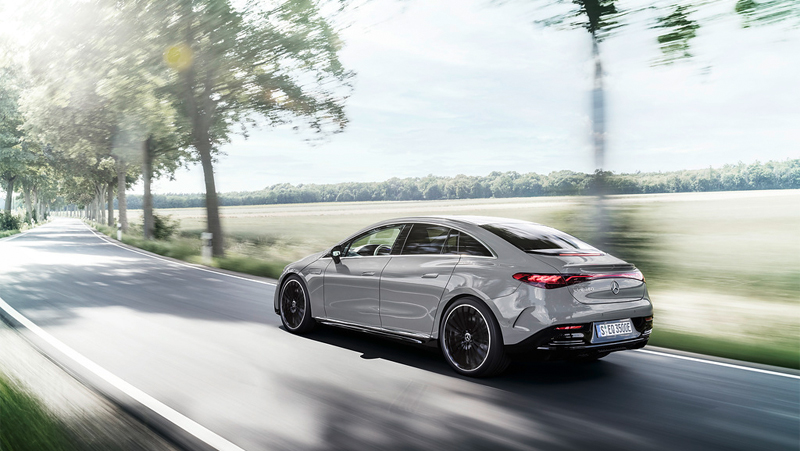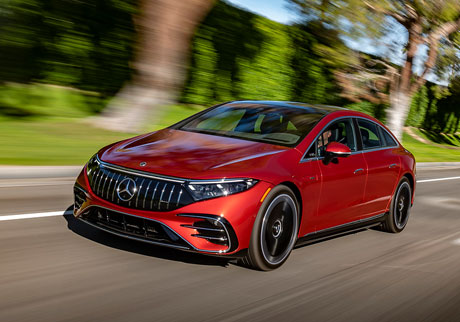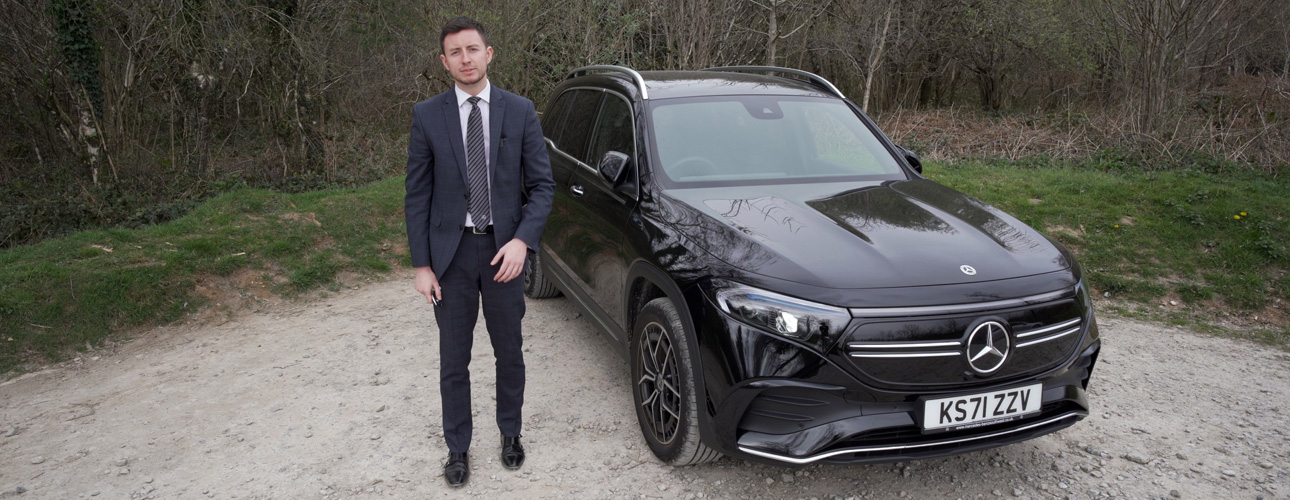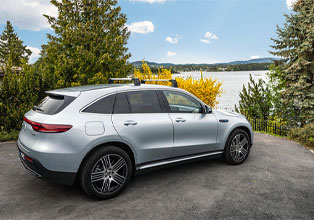We use cookies to make your experience better. To comply with the new e-Privacy directive, we need to ask for your consent to set the cookies. Learn more.
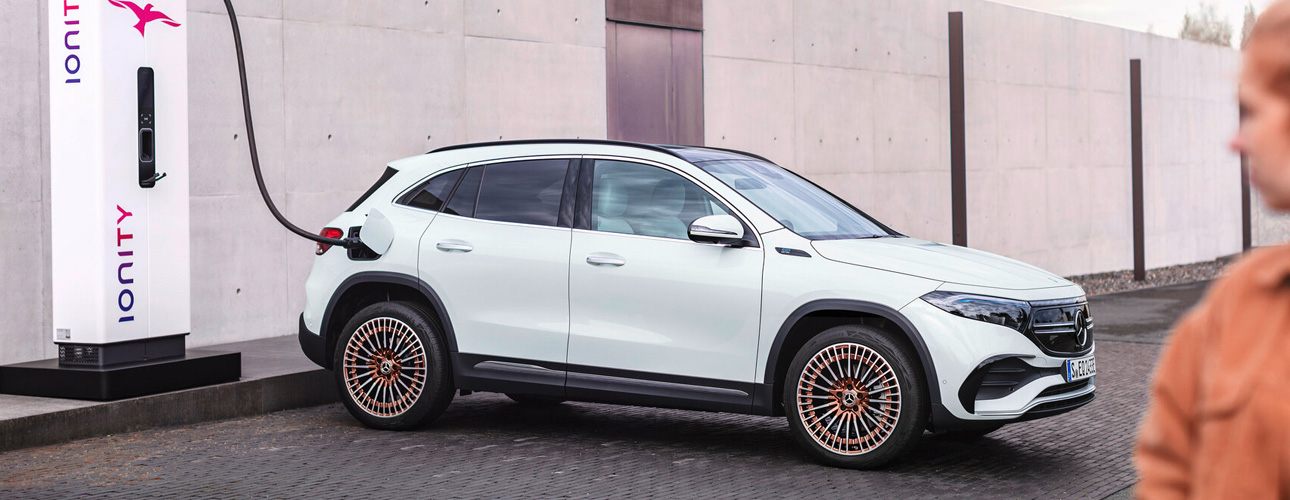

Electric Vehicle Myths Exposed
We have all overheard various myths surrounding electric vehicles (EV) and their capabilities, cost, convenience and sustainability. For some, these myths can be off-putting and create confusion regarding electric vehicles. Here at Mercedes-Benz South West we thought we’d expose those most common electric vehicle myths to hopefully give you some clarity and transparency when you're considering switching to electric.
EVs are slower than combustion engine cars
Considering electric motors reach their maximum speed in virtually their first revolution, we’re confident this one can’t be true. Sure, you’ll get some petrol and diesel cars that go faster than EVs, but when it comes to acceleration off the line, EVs don’t mess around.
Take the EQC for example, which can reach 60mph in only 4.9 seconds. Compare that to its combustion engine sibling, the GLC 220d 4MATIC which reaches 60mph in 7.8 seconds. This just proves that EVs can be quite the opposite of slow.
EVs are too expensive
Not if you take into consideration the ownership experience as a whole. If you pull all expenses together and not just focus on the list price, we’ll think you find EVs can be a more cost effective way of driving than its internal combustion engine (ICE) counterpart. Sure, the buy price may be a little more expensive, but servicing and maintenance, tax and the cost to run, for example, electricity, are all cheaper.
Over the course of one year, EV owners could save roughly half of the money they would have spent fueling their ICE equivalent. Think about that. As an ICE owner, you could be spending double the money on petrol or diesel alone. It's also easy to assume that the cost of servicing an electric vehicle would be sky high due to the relatively recent introduction of EVs and their innovative make-up.
This actually isn’t the case at all. Generally speaking, servicing an EV takes less time and costs less than ICE vehicles. This is because there is simply less to check.
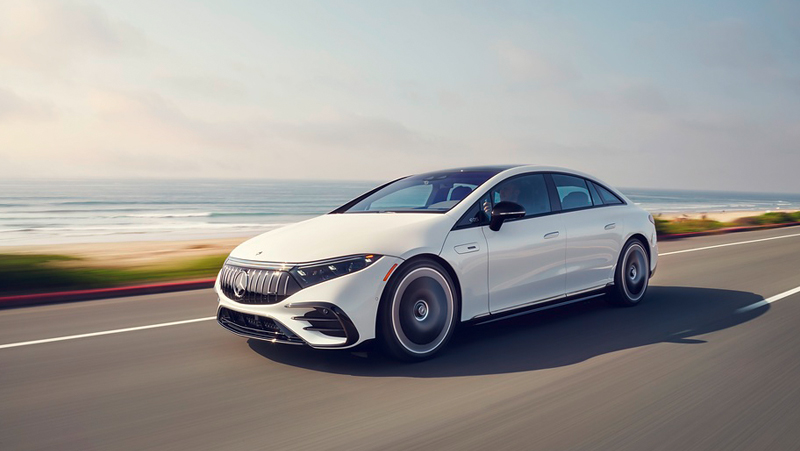
EV batteries can’t be recycled
Developments in battery component extraction has discovered that 98% of the batteries components can be recycled or reused. Some batteries can even be extracted for home or commercial use.
EVs are useless for long journeys
A common misconception regarding EVs, and one that we can actually all relate to. There are lots of factors that just like in an ICE vehicle, play a part in using more fuel/energy and therefore decrease the range or mileage. Imagine you are in an ICE vehicle with all the windows down, engine revs at maximum, and the air conditioning on full. You would expect fuel efficiency to drop. The same applies when driving an electric vehicle. Look after your battery, and your battery looks after you. Learning and adapting to a more sustainable and efficient driving style will help you in the long term.
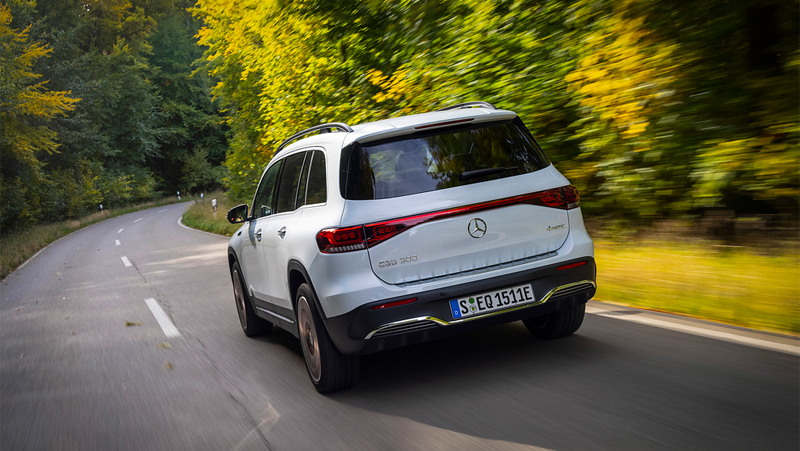
Charging is inconvenient and takes too long
How about charging your EV through the night? Wake up every morning with the peace-of-mind that your EV is fully charged and ready to go rather than second guessing your range. In addition, late night electricity prices are reduced due to lower demand. Charging your car cost effectively while you sleep? It doesn’t get any more convenient than that. Unfortunately, batteries can’t yet be fully charged in 4 or 5 minutes.
For the majority of EVs the charge time for 80% charge is 35-50 minutes*, which is well worth the wait knowing the ‘fuel’ you’re using is emission-less and clean. Now you have the chance to take a break from driving, grab a cup of coffee and prepare for the next leg of your journey. Always remember to plan your journey and give yourself plenty of time in case you need to recharge midway through. We hope exposing some of these electric vehicle myths have helped you understand more about them and will ultimately help you in your decision to switch to electric.
Watch our recent YouTube video 5 Electric Car Myths EXPOSED where we expose more electric vehicle myths. Alternatively, if you would like to find out more information about the Mercedes-EQ and Hybrid range please visit our EQ and Hybrid page, or contact us and a member of the team will be in touch.
*The indicated values were determined according to the prescribed measurement method – Worldwide Harmonised Light Vehicle Test Procedure (WLTP). Figures shown may include options which are not available in the UK. Battery Electric Vehicles (BEV) require mains electricity for charging, range figures determined with the battery fully charged. Figures shown are for comparability purposes; only compare with other cars tested to the same technical procedures. Figures may not reflect real life driving results, which will depend upon a number of factors including the starting charge of the battery, factory-fitted options, accessories fitted (post registration), variations in weather, driving styles and vehicle load. Further information about the test used to establish fuel consumption and CO2 figures can be found at www.mercedes-benz.co.uk/WLTP. Specified voltage and current values refer to network infrastructure and can be limited by the vehicle. Times are from 10–80% charge using public rapid charging at 100 kW.

